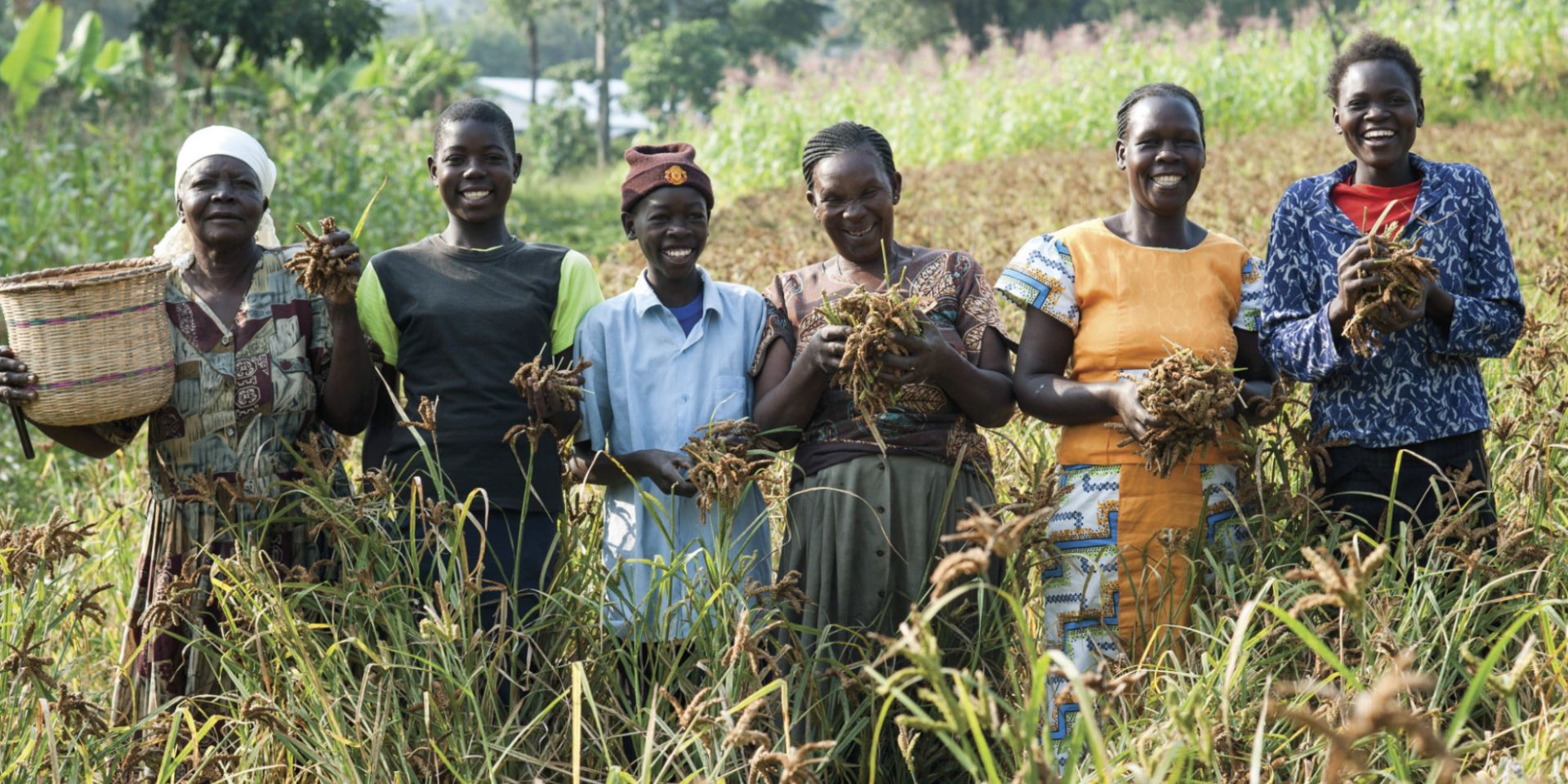Quality of Life Study in Kenya and Rwanda: Baseline Report
Farmers make up 70 percent of the worldʼs poor. Yet most of these farmers live in remote areas, and donot haveaccess to basic agricultural tools andtrainings.As a result, they struggleto growenoughto feed their families, and face an annual hunger season, where one in ten children do not survive past age five, with hunger and malnutrition the underlying cause in nearly half of deaths. Year after year, farmers find themselves trapped in a cycle of low yields and continued poverty.
Specifically, many rural smallholders lack the access to improved farming technology due to cash constraints, geographic isolation, and lack of training programs. Founded in Kenya in 2006, One Acre Fund provides a bundle of services to address these barriers to improved yields. The farmers are provided seed and fertilizer on credit and allowed to pay back on a flexible repayment schedule throughout the year.They formthemselves into groupsandare jointly responsibleforrepayment.They aregivenregular training that covers topics such as optimal planting practices, fertilizer application, pest management, and safe storage of harvest. Farmers are also provided crop insurance and given the option to purchase other products with proven income and/or quality of life impacts, such as solar lamps (our most popular add-onproduct) and cookstoves.
One Acre Fundʼs operations in Kenya are spread over the Western and Nyanza provinces and across different agro-economicconditions. The farmers enrolled in the Kenya programusually plant their crops on 1.3acres of land out of which 0.6 acres are allotted on average to the program specific inputs. The Kenya program enrolls farmers for one season each year and includes a package of seed and fertilizer with training. Neighboringfarmers have relatively low fertilizer use and access to training.

